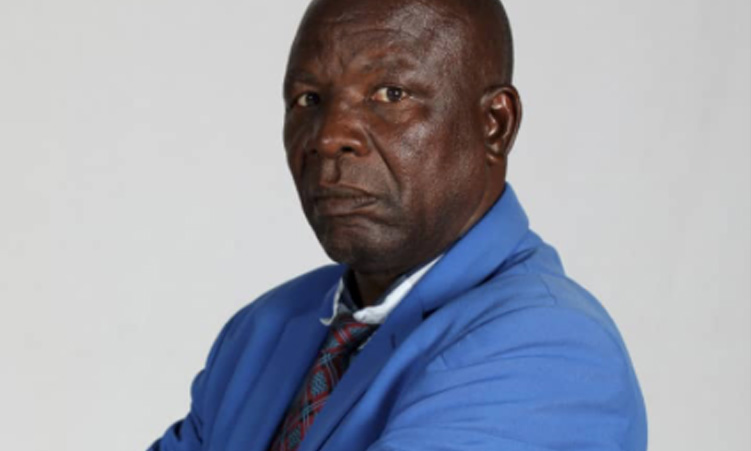Ndiyona constituency councillor Laurentius Mukoya has called for a thorough investigation into a series of deaths due to food poisoning which have struck the constituency in recent years.
The latest incident, which occurred on 27 February, involved the death of four people from the same family at Livayi village at Ndiyona in the Kavango East region.
The individuals died after allegedly consuming traditional food which was suspected to be poisonous.
The family members, aged between a year and 13 years, died between 27 February and 1 March.
This tragedy follows two similar events at Kayova and Korokoko villages – also in the Ndiyona constituency.
Sixteen people from the same homestead died at Kayova village in May 2023, while four children died at Korokoko village in January 2021. The regional police have said the three incidents involved the consumption of potentially poisonous traditional meals.
Speaking to The Namibian yesterday, Mukoya said the constituency needs answers.
“We are saying maybe it’s not poison. Is tradition involved? We don’t want to conclude, we leave it to the doctors to tell us what really happened,” he said.
Mukoya also expressed his intention to hold community meetings to address the issue and to mobilise residents.
“If the problem came with drought-relief food they received, why did only people from the same family die? I don’t understand.”
He said a regional meeting would be held on 4 and 5 April to address the issue.
The councillor said with the previous two incidents, the region was not told which type of poison was to blame for the villagers’ deaths.
“However, their death certificates state poison as the cause of their deaths,” Mukoya said.
The recent deaths at Livayi involved a family who reportedly consumed mutete and porridge for both lunch and dinner. Four children from the family died, while four more remain hospitalised, but are said to be in a stable condition.
Acting Kavango East regional police commander Eino Nambahu provided these details on the incident.
Regional health director Idah Mendai corroborated this information in a letter to Kavango East governor Bonifatius Wakudumo on Monday.
OTHER DEATHS
The Livayi incident comes just 10 months after the Kayova tragedy, in which 16 members of a single family died after consuming porridge made from a fermented beverage residue called mundevere.
Th Korokoko incident, which occurred in January 2021, involved the deaths of four children who allegedly consumed mudika, a traditionally prepared spinach dish.
Mendai yesterday said the regional multidisciplinary team should do a full assessment of the incidents.
“If we look at those three scenarios which you have mentioned, it is better that the region sit and really analyse that, and then we can come out with a better outcome and help to address this issue, because it’s repeating itself and it’s really of concern,” she said.
Wakudumo yesterday said to ensure incidents like these are not repeated, regional councillors should hold community meetings to sensitise communities to be extra conscious of the food they obtain and prepare.
“There is a difference when a minor prepares the food and when an elder person prepares it,” he said.
He said in the case of Livayi, a 13-year-old boy was delegated to prepare food for the family.
“As a parent it’s also your responsibility to make sure your children have food already prepared for them,” Wakudumo said.
He said he expects forensic investigations to determine the type of poison involved in the three cases.
“If they tell us the type of poison, a person can trace the origin of that poison,” he said.
PREVENTABLE
Last year, minister of defence and veterans affairs Frans Kapofi was quoted as saying the incident at Kayova village could have been prevented if the regional government did its job.
The media reported that Kapofi said the government has a programme designed specifically to assist the needy.
“It is a programme meant for problems such as the one which has led to us gathering under such unfortunate circumstances.
“Unfortunately, the central government cannot be everywhere, but since it has representatives at local level, those representatives are expected to bring matters of the people to its attention speedily,” he said.
Kapofi said leaders should be on the ground so to notify the government of residents who are hard-pressed.
The government would not hesitate to provide assistance, he said.
Stay informed with The Namibian – your source for credible journalism. Get in-depth reporting and opinions for
only N$85 a month. Invest in journalism, invest in democracy –
Subscribe Now!






